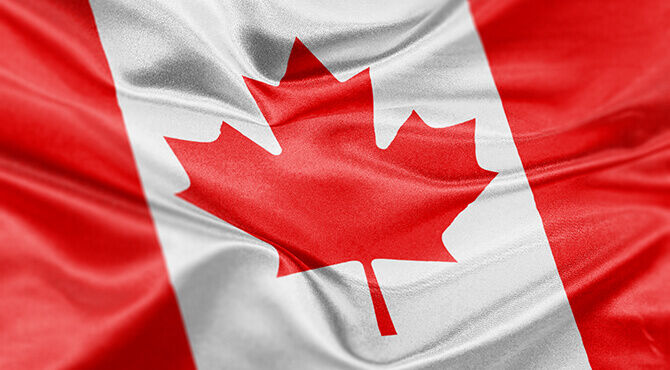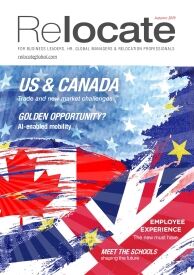Canada: A Fair Trade?
Would reaching ‘Canada-style agreement’ with the European Union, the United States and other countries following Brexit, be a viable option for the UK? What would it mean for UK trade, labour market and service industries?

What are the ramifications of CETA?
At its heart, CETA is a deal that removes tariffs on up to 98 per cent of trade in goods between Canada and the EU, eliminating some €590 million in customs duties. Contrary to some reports, it also includes the liberalisation of trade in services.But, as the UK Trade Policy Observatory at the University of Sussex points out, “Some EU services sectors are effectively completely open under CETA but, equally, some sectors that are important to the UK, such as financial services and transport services, remain very restricted.”Soon after taking office this summer, Prime Minister Boris Johnson phoned his Canadian counterpart Justin Trudeau, who “pledged to work with the UK to achieve a smooth transition to a UK-Canada free trade agreement,” according to Downing Street.Yet, in the spring, Mr Trudeau had blocked a move to ‘rollover’ CETA so that it covered post-Brexit Britain. The reason: the UK government was offering tariff-free deals with 70 countries signed up to existing agreements with the EU, leading the Canadians to calculate that they simply did not need to accept the UK offer of a CETA continuity deal at all.“Why would Canada make any concessions in a CETA equivalent (deal) when we know that we’ll have pretty much 95 per cent duty-free access into that market?” says Brian Kingston, vice- president of the Business Council of Canada. “Yes, the UK is an important and large market, but any negotiator sitting down with them would recognise that there’s a different level of desperation with the Brits.”Related articles:
- Responding to disruptive times: the view from Canada
- Recession fears grow over no-deal Brexit
- US-UK digital services set for post-Brexit boost
Encouraging transatlantic trade
In its assessment of CETA, Interlaw, a global network of law firms in more than 150 cities, says, “The implementation of CETA is expected to spur a significant boost in transatlantic trade and new subsidiaries in both regions. Experts forecast that Canadians will considerably increase investments made in the EU, which already represent more than 22 per cent of the country’s total direct foreign investments.“From a European standpoint, the trade agreement is expected to trigger a strong rise in exports to Canada for industries such as telecommunications, environmental services, container transportation and dredging, as well as in service industries such as engineering and accounting.”However, the positive economic signals should not be overestimated, according to economist Marcel Fratzscher, president of the German Institute for Economic Research. Even so, he accepts that “the decision in favour of CETA is a strong signal that Europe remains open to the world and firmly rejects the ‘protectionism’ heralded by Donald Trump.”The trick now for the British is to show that reaching Canada-style agreements with nations and trading blocs around the globe will send a signal that, despite Brexit, the UK, too, remains open to the world.For more news and views on the issues surrounding the UK and Brexit, visit our dedicated UK and Brexit sections.
Subscribe to Relocate Extra, our monthly newsletter, to get all the latest international assignments and global mobility news.Relocate’s new Global Mobility Toolkit provides free information, practical advice and support for HR, global mobility managers and global teams operating overseas. Access hundreds of global services and suppliers in our Online Directory
Access hundreds of global services and suppliers in our Online Directory ©2019. This article first appeared in the Autumn 2019 edition of Relocate magazine, published by Profile Locations, Spray Hill, Hastings Road, Lamberhurst, Kent TN3 8JB. All rights reserved. This publication (or any part thereof) may not be reproduced in any form without the prior written permission of Profile Locations. Profile Locations accepts no liability for the accuracy of the contents or any opinions expressed herein.
©2019. This article first appeared in the Autumn 2019 edition of Relocate magazine, published by Profile Locations, Spray Hill, Hastings Road, Lamberhurst, Kent TN3 8JB. All rights reserved. This publication (or any part thereof) may not be reproduced in any form without the prior written permission of Profile Locations. Profile Locations accepts no liability for the accuracy of the contents or any opinions expressed herein.






























